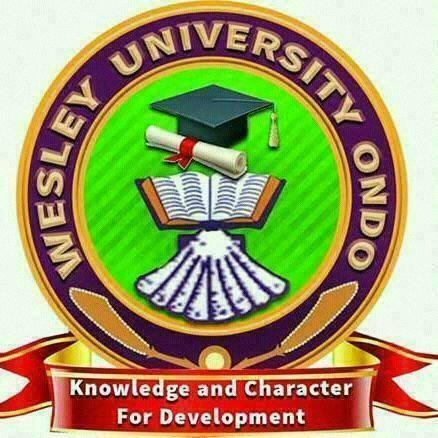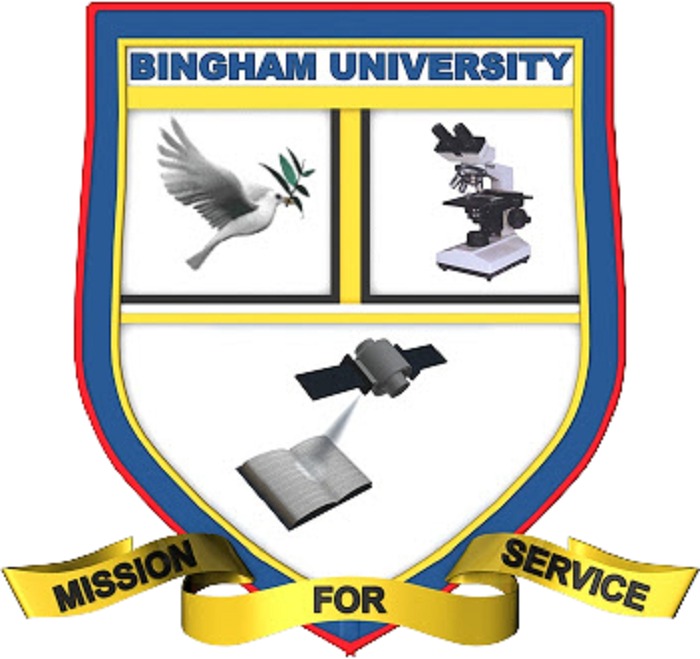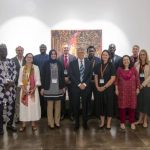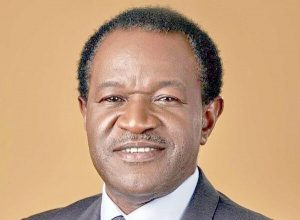
Image credit: Bingham University
Bingham University’s Department of Biological Sciences recently collaborated with the AP Leventis Ornithological Research Institute to organize a two-day seminar focusing on bird atlas and environmental studies.
The Vice-Chancellor, Prof. William Barnabas Qurix OFR, who was represented by the Director of Academic Planning, Prof. Jerome Ihuma, welcomed Ornithologists and citizen scientists to Bingham University. Prof. Qurix expressed gratitude to the AP Leventis Ornithological Research Institute for the valuable partnership and knowledge-sharing experience. He emphasized the importance of the study in expanding understanding of the natural world, as well as its critical role in safeguarding avian species and their habitats. Prof. Qurix stressed the responsibility of humanity as custodians of the planet to ensure the survival and well-being of all species, including birds.
Highlighting the significance of collaboration and knowledge-sharing, he stated that by working together, sharing data, and combining expertise, greater strides can be made in avian research. The Vice-Chancellor reiterated the university’s openness to further collaborations with the AP Leventis Ornithological Research Institute to unlock new discoveries, initiate conservation efforts, and address challenges faced by birds globally.
Dr. Talatu Tenda, the Managing Director of the Nigerian Bird Atlas Project (NIBAP) at AP Leventis Ornithological Research Institute, expressed appreciation for the support and partnership from the Vice-Chancellor and the Department of Biological Sciences. She explained that the seminar aimed to raise awareness of nature appreciation, environmental studies, and the interconnection between biodiversity and livelihood.
Dr. Tenda provided insights into exploring the fascinating realm of bird atlas, guiding participants on identifying and monitoring bird species, especially for beginners. Emphasizing the unique locations of certain bird species, she noted that despite migration, some birds, like the Ibadan birds, consistently return to their original location due to climate preferences.
Dr. Tenda underscored the vital role of birds in maintaining ecological balance, citing examples such as vultures identifying carcasses, seed dispersal, and nutrient recycling. She highlighted the aesthetic value of birds, enhancing landscapes.
The seminar’s high point involved participants engaging in bird watching within the university environment. Dr. Lillian Adogo, the Head of the Department of Biological Sciences, expressed gratitude to the resource person and her team for the interactive session. She encouraged everyone to pay closer attention to their environment, particularly focusing on birds.
Kindly like, share and leave your comment.




















